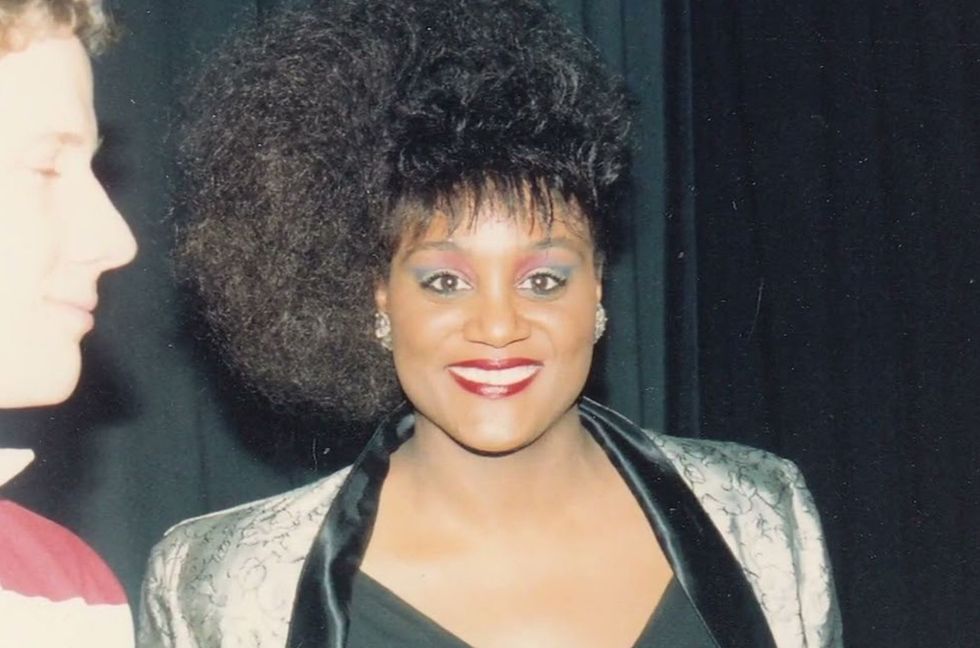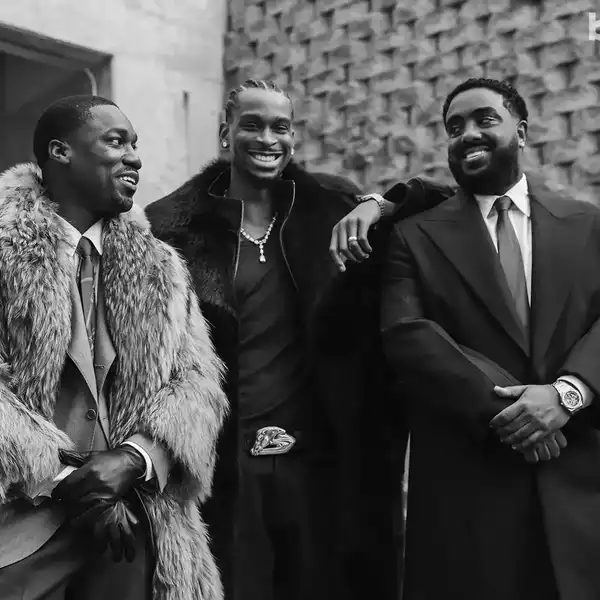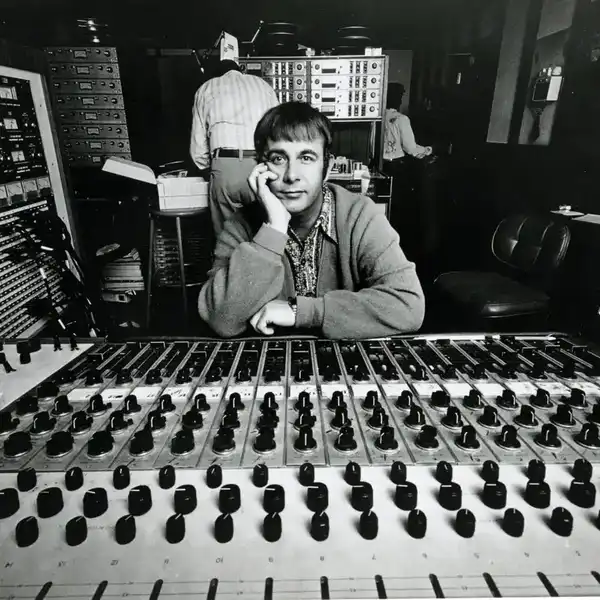Evelyn Thomas, Disco Queen Behind ‘High Energy,’ Dies at 70
"High Energy" topped the Billboard Hot Dance Club Play chart for one week and reached No. 85 on the Billboard Hot 100 in 1984.

Evelyn Thomas "Thanks for Being There" (screengrab).
Evelyn Thomas, the powerhouse vocalist who helped define the hi-NRG dance music scene of the 1980s with her international hit “High Energy,” has died at the age of 70. The news was confirmed by her longtime producer and mentor Ian Levine on social media. No cause of death was disclosed.
“It is hard for me to accept that my lifelong protege really has left us,” Levine wrote on X. “Her music will outlive us all.”
Born on Aug. 22, 1953, in Chicago, Thomas first caught the attention of the music industry when Levine discovered her in 1975.
Her debut single “Weak Spot” became her first chart success, peaking at No. 26 on the U.K. Singles Chart in 1976. The early triumph led to an appearance on the influential British music show Top of the Pops, marking the beginning of her ascent in the music world.
Thomas’s career exploded with the release of “High Energy” in 1984. The track topped the Billboard Hot Billboard Hot Dance Club Play chart for one week and reached No. 85 on the Billboard Hot 100. Co-written and co-produced by Levine and Fiachra Trench, it became a defining moment in the emerging hi-NRG genre, a high-tempo offshoot of disco that dominated clubs in the mid-1980s.
“Nobody else in the world could have ever sung it,” Levine noted about vocal prowess. The pulsating dance anthem achieved remarkable commercial success, selling an impressive seven million records worldwide. As of 2024, “High Energy” continues to resonate with listeners, boasting over 15 million streams on Spotify.
Thomas’s powerful four-octave range and emotive delivery set her apart in the dance music scene. DJ and music historian Bill Brewster commented, “Evelyn’s voice had this incredible ability to convey both vulnerability and strength. She was a cornerstone of the hi-NRG movement.”
Following the success of “High Energy,” Thomas continued to make her presence felt on the charts.
Her soulful rendition of The Supremes’ “Reflections” climbed to No. 18 on the Billboard Hot Dance Club Play chart in 1985, while “How Many Hearts” ascended to No. 11 in 1986. Both tracks were featured on her final studio album, Standing at the Crossroads (1986).
Thomas’s discography includes notable albums such as I Wanna Make It on My Own (1978) and High Energy (1984).
Levine revealed that Thomas had reached out to him “in love” in recent months, aware of her declining health. The reconciliation led Levine and Trench to compose a final song for her titled “Inspirational,” though Thomas was ultimately too ill to record it.
Her daughter, recording artist YaYa Diamond (born Kimberly), intends to record the track as a heartfelt tribute to her mother’s legacy.
Watch “High Energy” by Evelyn Thomas below.

















